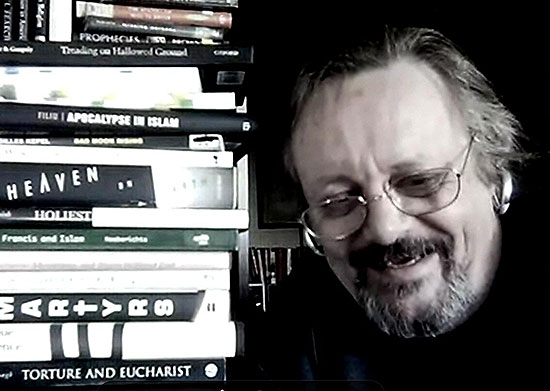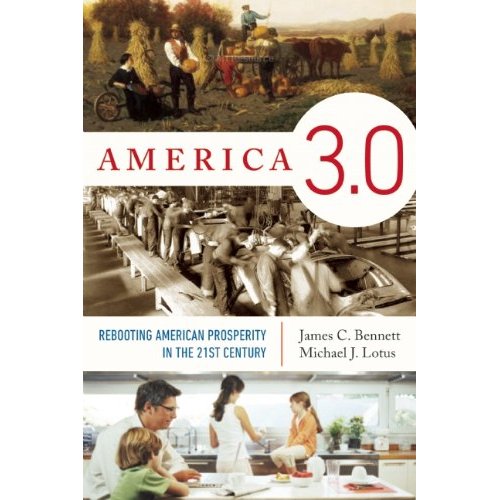Creating a web-based format for debate and deliberation: discuss?
Friday, December 12th, 2014[ by Charles Cameron — Talmud, hypertext, spider webs, Indra’s net, noosphere, rosaries, renga, the bead game, Xanadu, hooks-and-eyes, onward! ]
.
Let me firmly anchor this post and its comments, which will no doubt shift and turn as the wind wishes, in discussion of the possibility of improving on current affordances for online deliberation.
Let’s begin here:
@hipbonegamer @Aelkus @pmarca Andy van Dam cited “Talmudic Annotation” as ur hypertext pattern since the mid 1960’s pic.twitter.com/F1XKEf9F7G
— Greg Lloyd (@roundtrip) December 11, 2014
**
There are a variety of precursor streams to this discussion: I have listed a few that appeal to me in the sub-head of this post and believe we will reach each and all of them in some form and forum if this discussion takes off. And I would like to offer the immediate hospitality of this Zenpundit post and comment section to make a beginning.
Greg’s tweet shows us a page of the Talmud, which is interesting to me for two reasons:
it presents many voices debating a central topic it does so using an intricate graphical format
The script of a play or movie also records multiple voices in discourse, as does an orchestral score — but the format of the Talmudic score is more intricate, allowing the notation of counterpoint that extends across centuries, and provoking in turn centuries of further commentary and debate.
What can we devise by way of a format, given the constraints of screen space and the affordances of software and interface design, that maximizes the possibility of debate with respect, on the highly charged topics of the day.
We know from the Talmud that such an arrangement is possible in retrospect (when emotion can be recollected in tranquility): I am asking how we can come closest to it in real time. The topics are typically hotly contested, patience and tolerance may not always be in sufficient supply, and moderation by humans with powers of summary and editing should probably not be ruled out of our consdierations. But how do we create a platform that is truly polyphonic, that sustains the voices of all participants without one shouting down or crowding out another, that indeed may embody a practic of listening..?
Carl Rogers has shown us that the ability to express one’s interlocutor’s ideas clearly enough that they acknowledge one has understood them is a significant skill in navigating conversational rapids.
The Talmud should be an inspiration but not a constraint for us. The question is not how to build a Talmud, but how to build a format that can host civil discussion which refines itself as it grows — so that, to use a gardening metaphor, it is neither overgrown nor too harshly manicured, but manages a carefully curated profusion of insights and —
actual interactions between the emotions and ideas in participating or observing individuals’ minds and hearts
**
Because polyphony is not many voices talking past one another, but together — sometimes discordant, but attempting to resolve those discords as they arrive, and with a figured bass of our common humanity underwriting the lot of them.
And I have said it before: here JS Bach is the master. What he manages with a multitude of musical voices in counterpoint is, in my opinion, what we need in terms of verbal voices in debate.
I am particularly hoping to hear from some of those who participated in tweeted comments arising from my previous post here titled Some thoughts for Marc Andreessen & Adam Elkus, including also Greg Loyd, Callum Flack, Belinda Barnet, Ken (chumulu) — Jon Lebkowsky if he’s around — and friends, and friends of friends.
What say you?





